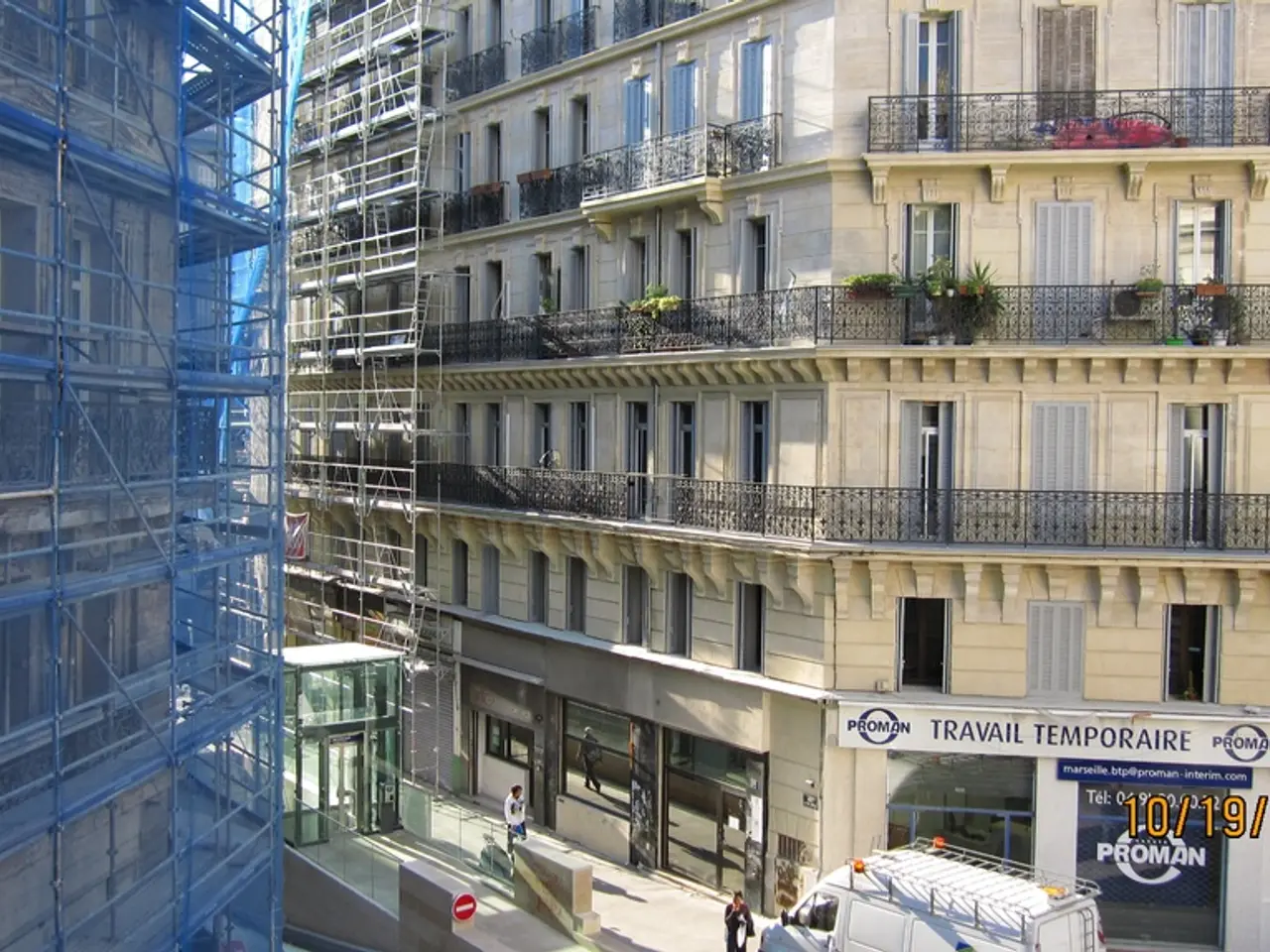Investment climate deemed positive by WSP following Expo-Real
In the heart of Germany, the city of Pforzheim is making waves in the real estate industry with its strategic approach to urban development. This shift in focus forms a solid foundation for discussions with investors, project developers, and expansionists alike.
Recently, over 1,800 exhibitors gathered at the Expo Real in Munich, and many of them found themselves drawn to the WSP booth, where optimistic conversations about Pforzheim's future were in abundance. Follow-up appointments have been arranged in Pforzheim in the coming weeks, with many of these optimistic conversation partners focusing on unrestricted investments and settlements in the city.
The strategies being discussed aim to stimulate and explore projects from various angles, with the goal of using synergies to the best possible extent. This collaborative approach is enriching, as both WSP and city-building GmbH have found. Together, they have developed constructive approaches for smaller and larger areas.
The economic and political conditions of the past months have significantly challenged the construction and real estate industry and related investments. Despite these hurdles, Pforzheim's urban development continues to progress, with a strong emphasis on sustainability, hybrid building technologies, and urban integration.
One of the most notable examples of this is the CARL project in Pforzheim, which features the tallest timber-hybrid high-rise in southern Germany. This innovative project combines sustainability, affordability, and bold design, illustrating significant recent investment in hybrid-used buildings.
Regarding planned future developments focusing on hybrid-used buildings and the relocation of discount supermarkets, there is no direct reference in the available data from Expo Real 20XX or elsewhere explicitly discussing discount supermarkets' relocation in Pforzheim or related spatial densification strategies. However, the presence of advanced urban projects like CARL indicates a trend towards densification using mixed-use, sustainable building methods that may align with broader regional development priorities.
Additional context relevant to Pforzheim’s urban development includes the innovative PFIN guidance system—an award-winning barrier-free urban design project integrating visual, tactile, and digital elements to improve orientation and accessibility in the city's public spaces. This commitment to inclusive urban planning supports spatial densification by enhancing the usability and appeal of urban environments.
While the Deutsches Architekturmuseum's exhibition "Architecture and Energy" features a Pforzheim high-rise residential tower demonstrating energy-efficient system integration, it does not specify connections to supermarket relocations. However, it does indicate ongoing attention to sustainable urban architecture in the city.
In summary, Pforzheim’s spatial densification and investment efforts prominently feature hybrid-use high-rises with sustainability at their core. Explicit plans involving discount supermarkets' relocation remain unreported in recent sources tied to Expo Real or other public updates as of mid-2025.
Investors are increasingly focusing on unrestricted investments and settlements in Pforzheim, with optimistic conversations about the city's future taking center stage at events such as Expo Real. The strategic approach to urban development in Pforzheim, including the construction of hybrid-used buildings like the CARL project, is attracting attention in the finance and investing sectors.




